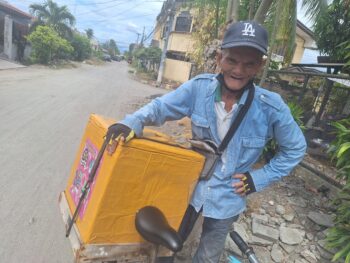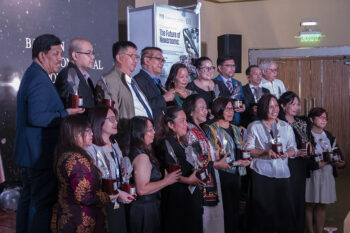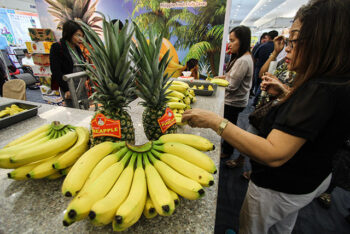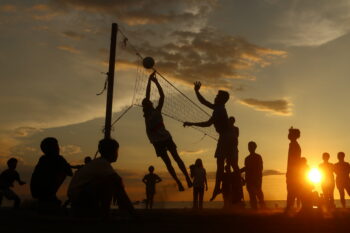The first SONA (State of the Nation Address) of PMarcos, Jr., spoke to key concerns of the country—our economy, recovery from the pandemic, the state of agriculture, and perspectives about the health sector and education, among others. These are the same topics on which the election discourse should have focused.
Had then-candidate Marcos, Jr., chosen to engage in debates and elaborated on these themes during the campaign, he would have reached more people who are concerned about these matters and given citizens a view of his topic and thematic leadership — or to use a word in the SONA, his “brand.”
As it were, because they were elaborated on during the SONA, one wonders whether these are indeed his agenda, or they were only fed to his speech-writing team by government offices and advisers.
Having won in Mindanao, and in no small measure because he ran with a candidate from Mindanao, one would have thought that Mindanao would figure strategically in the message of a President who says he will continue the initiatives of his predecessor who is from Mindanao. Instead, Mindanao was only mentioned in relation to a railway project. The Bangsamoro peace process, for which implementation the former President was credited, and whose BTA is currently in the critical stage of extension; and the Marawi crisis, for which the Duterte administration was responsible, did not deserve mention in PMarcos, Jr.,’s speech.
That his Vice-President wore an attire associated with Mindanao’s indigenous peoples also did not spur PMarcos, Jr., to say anything about indigenous peoples. Although he did pronounce “kalinga,” meaning nurture, the way one would one enunciate the word for the Kalinga ethnic group of the Cordilleras.
It is strange that the one time the President acknowledged civil society organizations (CSOs), he did so in the context of agriculture-agrarian reform. While agri-agra matters are indeed important to civil society, if PMarcos, Jr., had a more up-to-date handle, he would have known that economic, political, social, cultural, and environmental rights (or plainly put, human rights) and peace are themes that CSOs have consistently been espousing.
But neither human rights nor peace merited mention in the first SONA. He could have been categorical in his statements about these two themes and good governance because they are the very same concerns that caused apprehensions among civil society, particularly among those who lived through the years of the first Marcos President. That he chose not to is in itself telling.
The SONA was peppered with references to things that had become, in reality or by propaganda, associated with Ferdinand Marcos, Sr.’s administration: KADIWA, farming inputs ala MASAGANA Green Revolution, “specialty hospitals,” big-ticket infrastructure, the nuclear power plant, and mandatory Reserve Officers’ Training Corps (ROTC). There was no need to mention the father at all because the spirit of Marcos, Sr., suffused the 74-minute speech.
By referring to former-President Duterte as “Tatay” and categorically saying that he will not suspend programs of his predecessor, PMarcos, Jr.,’s first SONA came off as a homage to his fathers: his biological one and the one that paved the way for their dynasty’s return.
Although he acknowledged key women in the room — ex-President Gloria Macapagal-Arroyo, Vice-President Sara Duterte, and his wife—he had no key pronouncements for and about women. Even those who delivered the Nation’s Prayer at the start of the activity were all men.
While there were statements about the country becoming an upper middle-income country by 2024 and single-digit poverty incidence by 2028, giving land to landless agriculture graduates, putting an end to the poor quality of education materials, and right-sizing national government, the SONA did not signal any bold departure from the Philippines of the past six years. Rather, in a fundamental way, the first SONA of the President whose term of office is from 2022-2028 sounded like a nostalgia for the Philippines of the years 1965 to 1986.
He may have ended with “The state of the nation is sound.” But in failing to articulate how our political realities and social structures will be positively and progressively transformed, PMarcos, Jr., might as well have said: “The state of the status quo is sound.”
(MindaViews is the opinion section of MindaNews. Mags Z. Maglana is a Mindanawon who has worked in various capacities for peace, good governance, sustainable development, and the promotion of human rights. She is one of the convenors of Konsyensya Dabaw).







